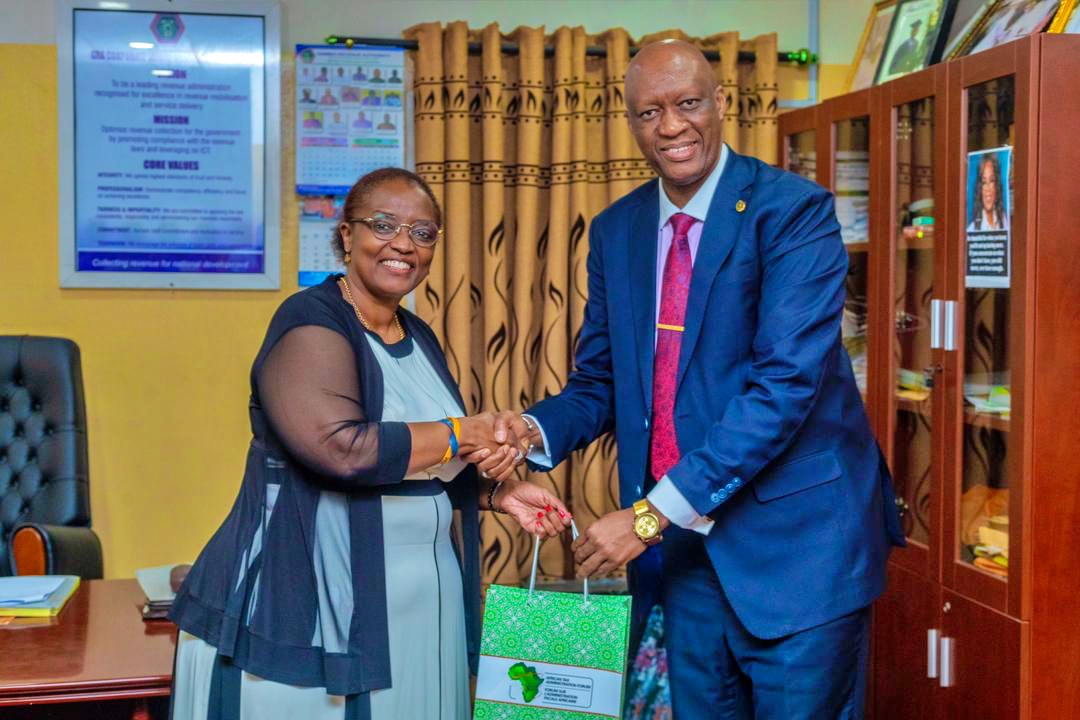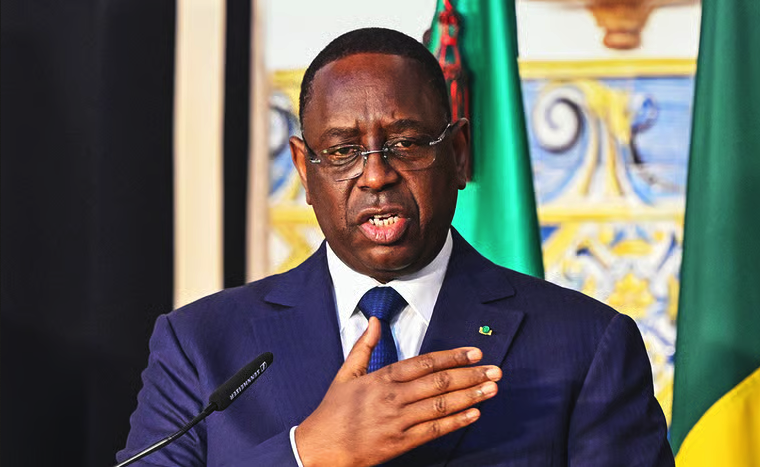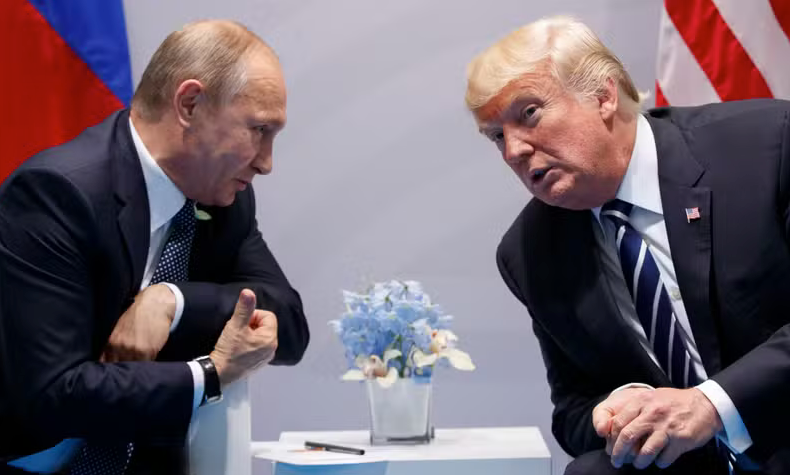Gambiaj.com – (Washington, D.C.) As President Donald Trump presses ahead with bold foreign policy ambitions in his renewed tenure at the White House, analysts are raising alarms over what they describe as carefully laid diplomatic traps by adversaries Russia and Iran — designed to exploit Trump’s eagerness for quick geopolitical wins.
In a commentary published by The Hill, geopolitical strategist Igor Desyatnikov warns that while Trump projects confidence in his ability to broker rapid deals — from ending the war in Ukraine to reviving a nuclear pact with Iran — both Moscow and Tehran are leveraging that optimism to entangle the United States in negotiations that serve their own strategic goals.
“Putin and Iran aren’t offering peace,” Desyatnikov writes. “They’re offering delay, distraction, and dependence.”
Luring Trump into an Illusion of Progress
The critique comes as Trump’s special envoy, Steve Witkoff — a real estate developer with no prior diplomatic experience — was seen at the Kremlin on April 25, attending meetings with top Russian officials, including President Vladimir Putin’s investment envoy Kirill Dmitriev and presidential aide Yuri Ushakov.
According to Desyatnikov, this high-level engagement masks a deeper concern: Russia and Iran are presenting themselves as open to diplomacy not out of genuine concession, but to manipulate Washington’s policy approach. Moscow, he argues, is feigning readiness for peace in Ukraine while maintaining unchanged ambitions — from subjugating Ukraine to weakening NATO’s eastern flank and legitimizing its territorial gains.
Any potential ceasefire, Desyatnikov asserts, would be a tactical pause allowing Russia to regroup and rearm, not a path to lasting peace.
Tehran’s Parallel Playbook
Simultaneously, Iran is said to be adopting similar tactics. As the Trump administration explores rekindling nuclear negotiations, Tehran is showing calculated openness while accelerating its nuclear development and strengthening its regional presence.
“Iran seeks negotiations not to curb its ambitions,” Desyatnikov warns, “but to lift pressure, divide the West, and reset the diplomatic field without real sacrifice.”
What makes the strategy more dangerous, he suggests, is the growing coordination between Moscow and Tehran. Desyatnikov notes that Russia is actively encouraging Iran to project selective engagement while offering itself as a “broker” capable of delivering results — provided the U.S. is willing to make broader geopolitical concessions.
Exploiting a Transactional Approach in High Stakes for U.S. Interests
Desyatnikov identifies Trump’s personal style of diplomacy — focused on direct, transactional outcomes — as particularly vulnerable to manipulation. By choosing Witkoff as his lead interlocutor in backchannel negotiations, Trump has — perhaps unwittingly — handed adversaries a point of access that can be easily manipulated.
“Witkoff is the perfect vehicle for their strategy: someone who can be flattered, misled, and used to signal false progress,” Desyatnikov argues, warning that Russian and Iranian officials may even be coordinating efforts to exploit the envoy’s inexperience.
The risks for U.S. national security and international credibility are profound. A superficial peace deal in Ukraine, Desyatnikov cautions, could entrench Russian territorial gains and undermine the international rule of law. Meanwhile, a nuclear agreement with Iran lacking verifiable constraints would not only fail to curb Tehran’s ambitions but could trigger a regional arms race.
Moreover, the perception of diplomatic momentum could weaken American leverage, sow divisions among allies, demoralize Ukraine, and allow Russia and Iran to rebuild their standing while continuing aggressive behavior under the guise of peace efforts.
“Putin’s genius lies less in warfare than in manipulation,” Desyatnikov writes. “He understands Trump’s craving for quick wins and is shaping traps that look like easy victories but serve Kremlin depth.”
With Trump still early in his term, Desyatnikov urges the administration — and American voters — to resist the allure of fast but hollow victories. Real diplomacy, he insists, must be grounded in strategic patience, verifiable outcomes, and an acute awareness of adversaries’ intentions.
“No deal — on Ukraine or Iran — will be possible without pressure and strategic resolve,” he concludes. “Chasing phantom agreements may win headlines, but it will cost America dearly.”
As the White House prepares for a summer of intense international negotiations, the world watches closely to see whether Trump’s desire for swift diplomatic wins will clash with the geopolitical realities laid out by seasoned observers.










